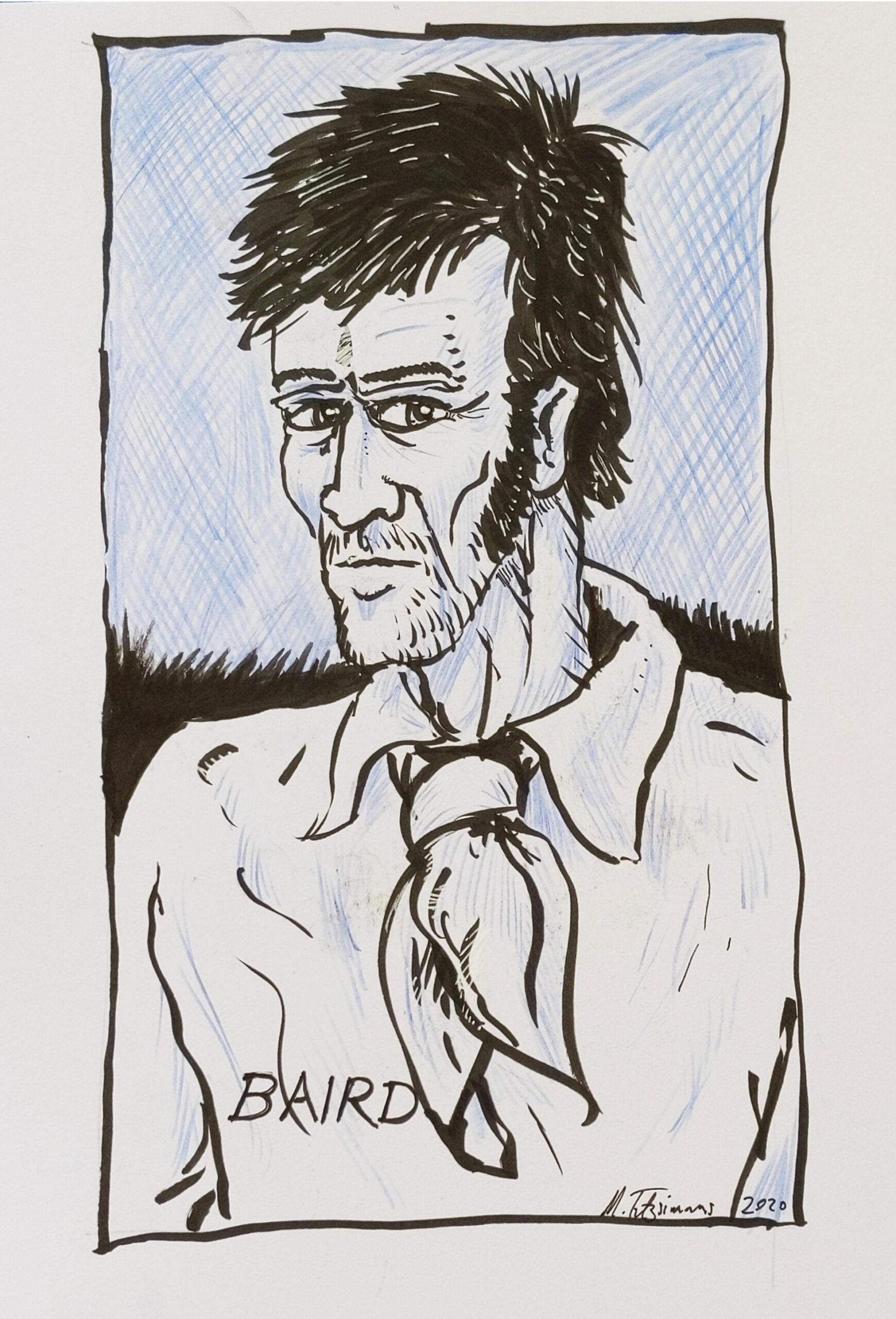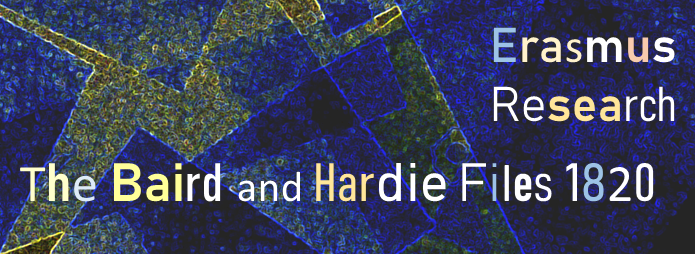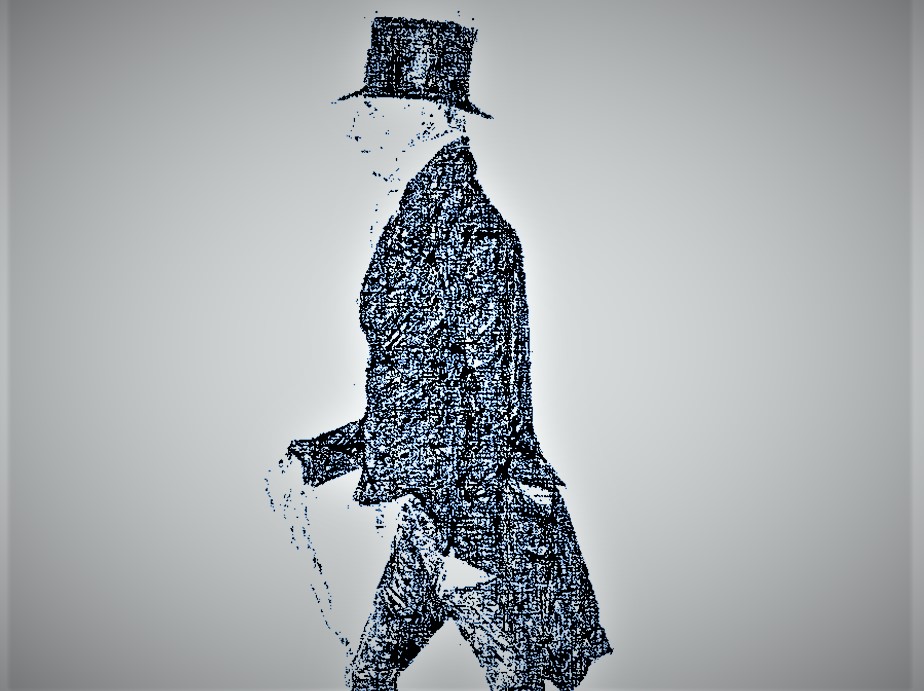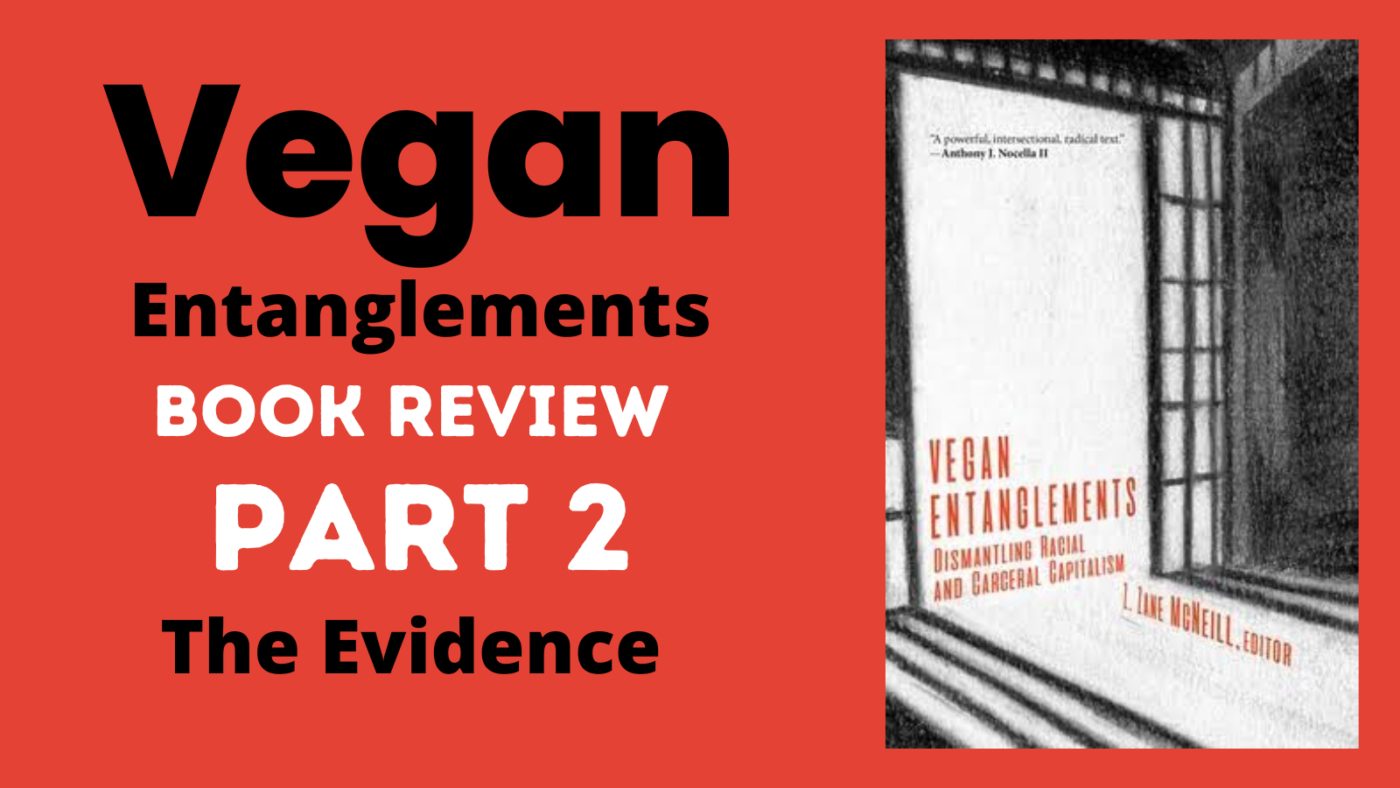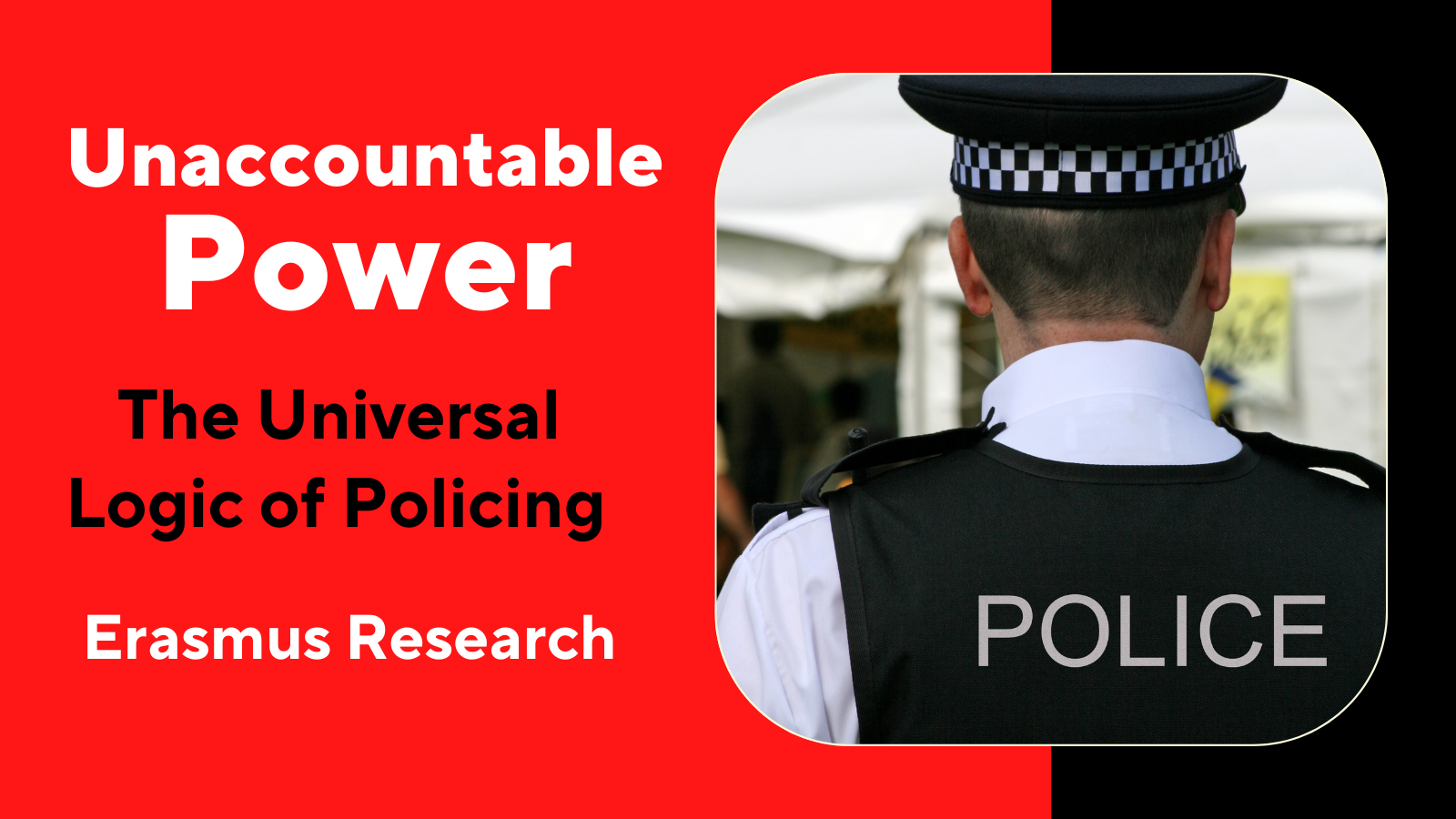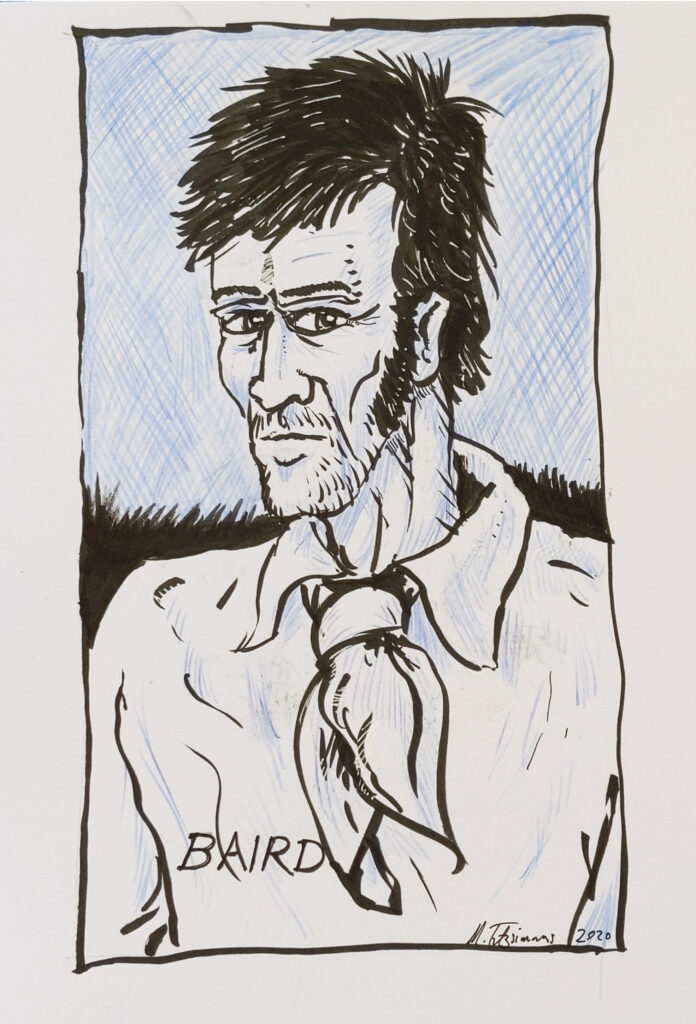
This is the delayed second section of Chapter V of the serialisation, the wording reproduced exactly as it appeared in the Stirling Sentinel, on Tuesday 12th March 1889.
It was the spy, King, who was sent to John Baird at Condorret to induce him to lead out a local party of Radicals to join the Glasgow contingent in their attack on Carron Works, and we have on the authority of Robert Baird, whose unfortunate brother lodged with him, an account of what took place that Tuesday night. About eleven o’clock, King appeared at Baird’s house and stated that he had come purposely from Glasgow with important information for him, on which Robert Baird’s wife desired him to come in and sit down, John being out at the time.
The night was very wet and King appeared to be drenched through. Whilst drying himself at the fire, John made an appearance and King proceeded to tell him the good news from Glasgow. These were that a general rising had taken place in England; that the London mail had not arrived that day in Glasgow, that the Magistrates of Glasgow and all local authorities were favourable to the provisional government or had given their adhesion to it; that the military in Glasgow where likewise favourable, and only wanted the word to join the people, if necessary, that he, King, with his own eyes had seen thousands of Radicals parading and exercising in the Green of Glasgow that day without interruption, that everything was going on as favourable for the cause as the Provisional Government could have desired, but they thought it necessary and prudent to send out a party to Carron to procure a quantity of arms and ammunition, which they understood were there lying ready to be delivered over to them, and they had sent him (King) out to Condorret, to know whether Baird and the other friends of the cause in that quarter were disposed to cooperate with them, in which case Baird and his friends would have the opportunity of joining the party from Glasgow, early in the following morning.
“And now,” says King, “in order to satisfy you that all is right, here is a letter to you from the Secret Committee attesting these facts.” This letter King afterwards tried to secure, but it was subscribed, according to the recollection of Robert Baird, by three individuals, viz., John Corrie, James Murray, and – Pattison, none of whom could be traced when wanted, and they may safely be said to have never been in existence. Poor John Baird accepted the news as gospel truth, and we can blame him in his simple faith he regarded the letter as genuine, and accordingly promised his assistance to the “Provisional Government?” King urged him to get as many of his companions about the place to join him in this expedition to Carron, which would render their names famous, and entitle them to the thanks and gratitude of the Provisional Government. Baird agreed to arouse some of his neighbours to march with him in the morning to meet the party from Glasgow, which King represented would consist of, at least two hundred persons, all properly armed. This being arranged, King retired to Baird’s bed, “secretly rejoicing,” to use the words of the justly indignant narrator, Peter Mackenzie, “like another Iago, on the near consummation of his hellish scheme.”
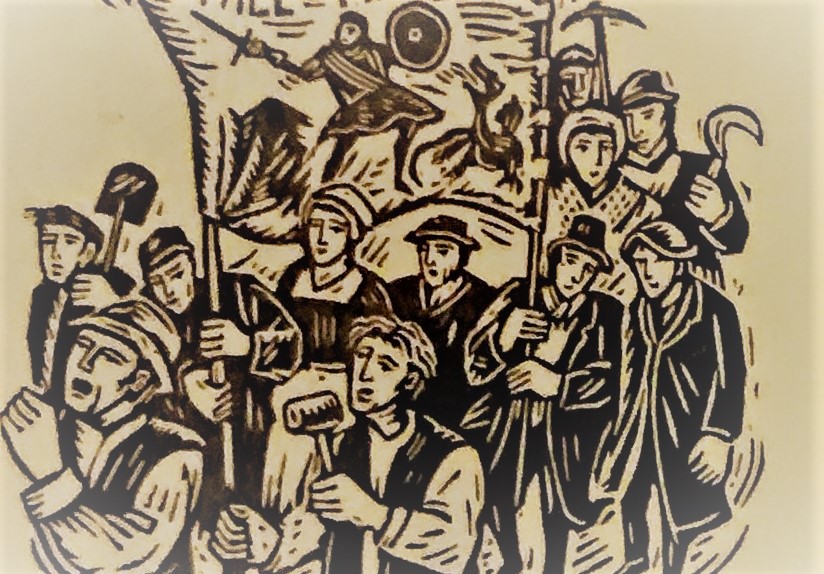
We left the Glasgow Party on their way to Germiston near Glasgow Cathedral, and there in the Fir Park, now the beautiful Necropolis, the formidable Radical Army mustered, less than 80 in number, all starving weavers and mechanics! Flanagan, part of whose statement we have given above, had been looking for Andrew Hardie after he left Turner – it is not denied that although Hardie had not attended the meetings, he was in full sympathy with the movement – and having met him they proceeded together to Germiston. Here we must again quote Flanigan’s narrative : – “The party, I think consisted of about sixty men from Glasgow. The Anderston party that Turner had spoke of at Port-Eglinton, did not come forward. Much discontent ensued among us for that reason. Turner at last explained his motive for bringing them there. He again stated, in nearly the same words as he had done at Port-Eglinton a few hours before, that the Secret Committee had received information that the insurrection had commenced in England; that the coach had not come in next morning; that the party would proceed to Condorret; where persons were dispatched who would have everything arranged for their reception; that they were to be joined by a body in Condorret and proceed to Carron , where the workers had struck, and would deliver a large quantity of arms and ammunition, and two pieces of cannon, into their hands. They were then to return with them to Glasgow by a different road, raising Kilsyth and other districts. Turner stated that there was no doubt whatever of our success.
Dougald Smith [a young man who Turner had previously selected to command the expedition] refused, however to take command of such a small party as had assembled, which he considered quite insignificant for such an undertaking, and declared that if the Anderston party did not come forward and join us, as Turner gave us reason to believe would be the case, he would not have anything more to do with the business in the meantime and would return home to Glasgow and see more about it. On this some violent harangues arose. Numbers agreed with Smith, while other interposed, if they returned they ruined all by their conduct, but that all would go well if they proceeded to Condorret. Turner had hinted, in one part of his altercation in Germiston, that he could not go forward with the party himself; as he was required to attend at his post in Glasgow. Turner still urged us to go forward; and a person struck in and stated that he (Turner) could not well go, being the chain of communication, as he termed it.
Hardie then addressed this person, “Will you go?” said he, “Yes,” said the person. “I will go.” “Then,” says Hardie, “so will I,” after which all there willing to go were desired to cross to other side of the road, that they might be seen from the rest. I think they did not amount to more than thirty men that thus stood forward ready to go. Turner requested Hardie to take the command of them, and Turner likewise gave Hardie his instructions how to proceed, for I saw Turner take a card or half a card from his pocket and give to Andrew Hardie, saying that the other half of it was before them, and that on their arrival at Condorret, the persons there would produce their half, and the reading of the two would correspond, and that they were to confide in the person producing the card at Condorret as their conductor to Carron. Turner then addressed Hardie and said, I hope Hardie, you will act bravely if necessary, being chagrined myself at the non-arrival of the party from Anderston, that Turner had promised to bring forward, and that he did not go on himself to Condorret and Carron, I returned with Dougald Smith and several of the others, leaving Germiston, as far as I can recollect, about one o’clock in the morning,” The expedition then started with Hardie as leader and marched to Condorret, which they reached about five o’clock on Wednesday morning.
Some of the party had fallen off by the way, and won they mustered at Condorret they were only two dozen in number. King had risen early in the morning to assist Baird in turning out the Condorret Radicals, and there was surprise and disappointment manifested on both sides at the miserable turnout of the Revolutionary Army. The Condorret contingent numbered eleven, so that the united force was only 35 strong. An energetic remonstrance was made by Robert Baird as to the absurdity and rashness of going on to Carron, or any place else with such a small party, and King, afraid the scheme would fall through, suggested that the Anderston party, which was the most numerous, and must have mistaken the road, might yet turn up. Neither Hardie, nor Baird, nor their companions, had the shadow of a suspicion that a plot had been laid for their destruction. They were literally led like lambs to the slaughter. A special messenger had been dispatched from Glasgow to Stirling with instructions that the 10th Hussars, who had arrived on Tuesday from Perth, were to start between two and three o’clock on Wednesday morning and march to Kilsyth, there to await further orders. At the very time the radicals were moving out of Glasgow, the soldiers were coming from Stirling on the same road. Clearly the movement of the troops was so arranged that they could fall upon the Radicals at any point they thought proper. How that point came to be Bonnymuir must be told next week.
We may state that our “Story of Baird and Hardie” has created a widespread interest, and we have had several communications on the subject. We have to acknowledge the receipt from Mr James Rae of Glasgow, of a copy of a letter written by Hardie while lying under sentence of death in Stirling Castle. This letter has never been printed in its entirety. We invite information so that our succeeding chapters may be as complete as possible. All manuscripts entrusted to us will be carefully preserved and returned to their owners. We hope to give, by-and-bye a sheet of interesting relics of Baird and Hardie.
Stirling Sentinel 12th March 1889
(to be continued)

